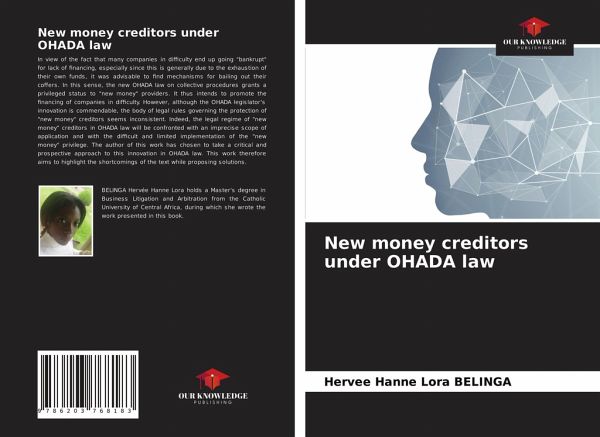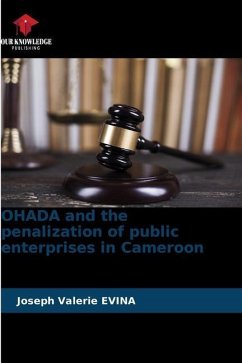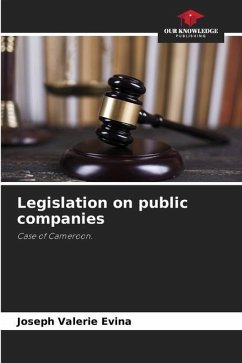
New money creditors under OHADA law
Versandkostenfrei!
Versandfertig in 6-10 Tagen
36,99 €
inkl. MwSt.

PAYBACK Punkte
18 °P sammeln!
In view of the fact that many companies in difficulty end up going "bankrupt" for lack of financing, especially since this is generally due to the exhaustion of their own funds, it was advisable to find mechanisms for bailing out their coffers. In this sense, the new OHADA law on collective procedures grants a privileged status to "new money" providers. It thus intends to promote the financing of companies in difficulty. However, although the OHADA legislator's innovation is commendable, the body of legal rules governing the protection of "new money" creditors seems inconsistent. Indeed, the l...
In view of the fact that many companies in difficulty end up going "bankrupt" for lack of financing, especially since this is generally due to the exhaustion of their own funds, it was advisable to find mechanisms for bailing out their coffers. In this sense, the new OHADA law on collective procedures grants a privileged status to "new money" providers. It thus intends to promote the financing of companies in difficulty. However, although the OHADA legislator's innovation is commendable, the body of legal rules governing the protection of "new money" creditors seems inconsistent. Indeed, the legal regime of "new money" creditors in OHADA law will be confronted with an imprecise scope of application and with the difficult and limited implementation of the "new money" privilege. The author of this work has chosen to take a critical and prospective approach to this innovation in OHADA law. This work therefore aims to highlight the shortcomings of the text while proposing solutions.












